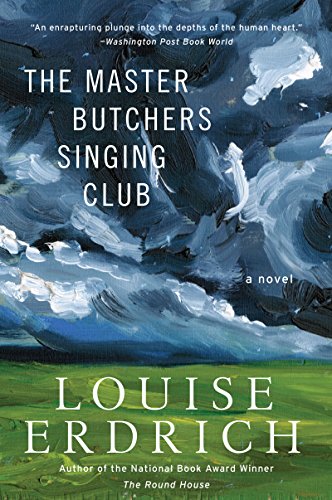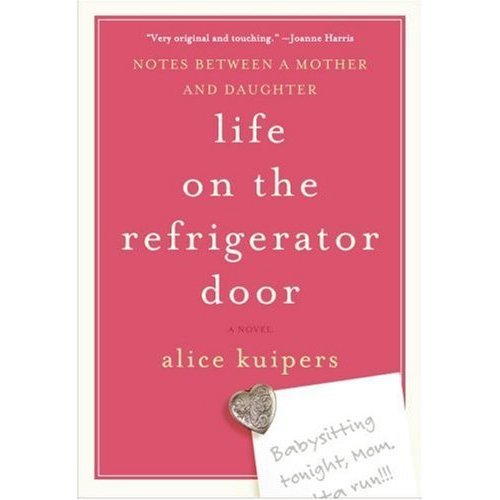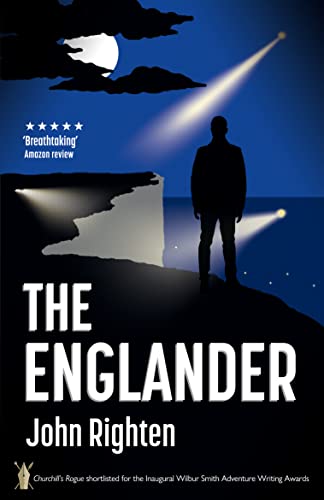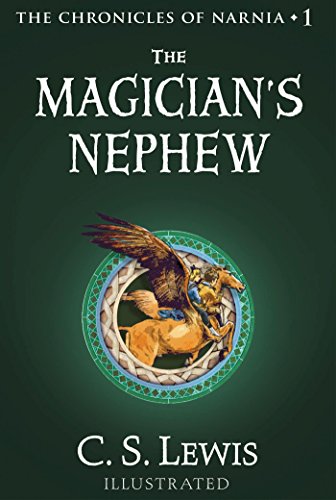(Editor’s Note: The following post originally appeared at Bufo Calvin’s I Love My Kindle blog and is reprinted here with his permission in a generous effort to help maintain my peace of mind during what I hope will be a brief absence due to my hip replacement surgery. –S.W.)
By Bufo Calvin
Q. What is the agency model?
A. It’s a new arrangement between publishers and booksellers.
Q. How does it work?
A. Rather than publishers selling copies of books to booksellers, and booksellers selling them to customers, publishers are selling the books directly to customers.
Q. So, I’m going to buy my books directly from Simon & Schuster and Macmillan?
A. Yes, but you’ll do it through stores like Amazon and Barnes & Noble. The booksellers will process the sale, but you’ll really be buying it from the publisher.
Q. I can just shop through Amazon for my Kindle just like I did before, then?
A. Yes.
Q. If that’s the case, why does it matter to me?
A. Some publishers have publicly stated concerns about the $9.99 price point Amazon was using for many New York Times bestsellers and current releases. Since the publishers are now setting the price you pay, prices have gone up in many cases.
Q. But Amazon can still discount them, right?
A. No. Amazon is just processing the sales for the publisher. Under that system, Amazon can not charge a different price.
Q. Won’t places like Apple and Barnes & Noble just undercut Amazon then?
A. No. They are also under the agency model. The price will be the same at all the bookstores under the agency model.
Q. Wait…so I can’t shop around for a better price?
A. No. Books under the agency model will cost the same, regardless of your “sales channel”. Whether you pay for them through Amazon or Apple, you are buying from the publisher.
Q. Isn’t that illegal price-fixing?
A. No. Price-fixing is when “like entities” get together and decide on a price. If all the gas stations in your town, regardless of brand, got together and decided to charge ten dollars a gallon, that would be illegal. You wouldn’t have any choice what to pay.
Q. But I won’t have any choice what I pay in the agency model, right?
A. Not for a specific book from a particular publisher. But you could buy a different book. If one publisher charged $25 for all new e-books and another one charged $12.99, you could choose to buy the e-books from the second publisher.
Q. But if I wanted a specific book, like the latest book in a series I’m reading, I’d pay the same price wherever I got it?
A. Yes.
Q. What stops the publisher from charging me $100 for that book?
A. Competition with other publishers. You might stop buying a particular author and switch to another one.
Q. What if all the publishers charge $100 for a book?
A. They can’t get together and decide to do that. That would be illegal price-fixing. They would also lose sales.
Q. Are all the publishers part of this agency model thing?
A. No. Five of the six biggest publishers in the US are part of it. Random House has not signed with Apple, and it is a very large publisher. In addition, many smaller publishers and independent publishers are still under the old “wholesale model”.
Q. Will their prices go up as well?
A. That’s the same situation it was before. The small publishers and Random House will suggest a price to Amazon and the other retailers, but Amazon can discount it if they want to do that.
Q. Does the agency model affect paperbooks as well?
A. No.
Q. Why not? If the publishers want it for e-books, why not for paperbooks?
A. The process is different, which presumably makes it different legally. With a paperbook, the retailer (Amazon, for example) buys the copies from the publisher, and owns them. They can do whatever they want with them, including selling them to customers. With e-books, you are dealing with licenses to read the book on a certain number of devices.
Q. Is that the same reason I can’t sell my e-books after I buy them from the Kindle store?
A. Yes. When you buy a copy of a paperbook, you own that copy. When you buy an e-book, you are actually buying a non-transferrable license.
Q. But I can loan books with my nook, right?
A. If the publisher allows it, and with several other restrictions. Not all publishers allow it.
Q. So, paperbooks will still be cheaper at some places like Costco, and may still be discounted at Amazon?
A. Yes.
Q. I noticed I was charged sales tax when I bought a Kindle book. That’s never happened before. Is that part of the same thing?
A. Yes. If your state collects sales tax on e-books, and the publisher has a physical presence in your state (a building or a sales force), Amazon (as a sales agent) can be compelled to collect sales tax for that state.
Q. Wait…how can the publishers tax me?
A. They aren’t taxing you, it’s a question of when the tax is collected. States ask you to report internet purchases on your tax form and pay the taxes on them if you haven’t already. They may call it a “use tax”.
Q. Who does that?
A. Apparently, not as many people who should. That’s why the states want to make someone collect it at the time of sale and send it to them. They could go after people who don’t report it, but that’s expensive.
Q. So, does this mean Amazon will start collecting sales taxes on my other purchases from them?
A. No. The agency model means you are buying just e-books from the publishers, so if the publisher has a physical presence in your state, Amazon will have to collect the sales tax on just those purchases.
Q. Amazon is in Seattle, right? So, have they been collecting sales taxes from customers in Washington before this?
A. Yes. Also in Kansas, Kentucky, New York, and North Dakota.
Q. But I live in New York and bought something from Amazon and I didn’t pay sales tax…why is that?
A. You may have bought an item that isn’t taxed by New York state. Not every item is taxed in every state. Amazon is only compelled to collect the sales tax the state would have collected.
Q. How do I know if Amazon is going to collect sales tax when I’m buying the book?
A. Currently, I believe it is not indicated until after you click the 1-click button.
Q. That seems sneaky…what if I think that makes the book cost too much?
A. Amazon is not choosing whether or not you pay the sales tax: just whether or not they collect it, so it doesn’t technically make a difference in the price. You can always “return” a Kindle store book within seven days of purchase for a refund by contacting Customer Service.
Q. How did this whole agency thing get started?
A. Apparently, it came about when Apple offered the deal to the publishers in conjunction with the iBooks store, which is connected to their new iPad.
Q. Why would Apple do that? Don’t they want to set the prices, like Amazon does?
A. There is a lot of speculation as to a reason, but Apple hasn’t publicly stated one. Steve Jobs had stated that the prices would be the same at Amazon and Apple.
Q. I don’t like this whole agency thing. What can I do about it?
A. You could write to the publisher or buy other books. For more information, see this previous post.
Q. How can I tell if a book is in this agency agreement?
A. At Amazon, it will say, “This price was set by the publisher.”
This post by Bufo Calvin originally appeared on April 6, 2010 in the I Love My Kindle blog.













